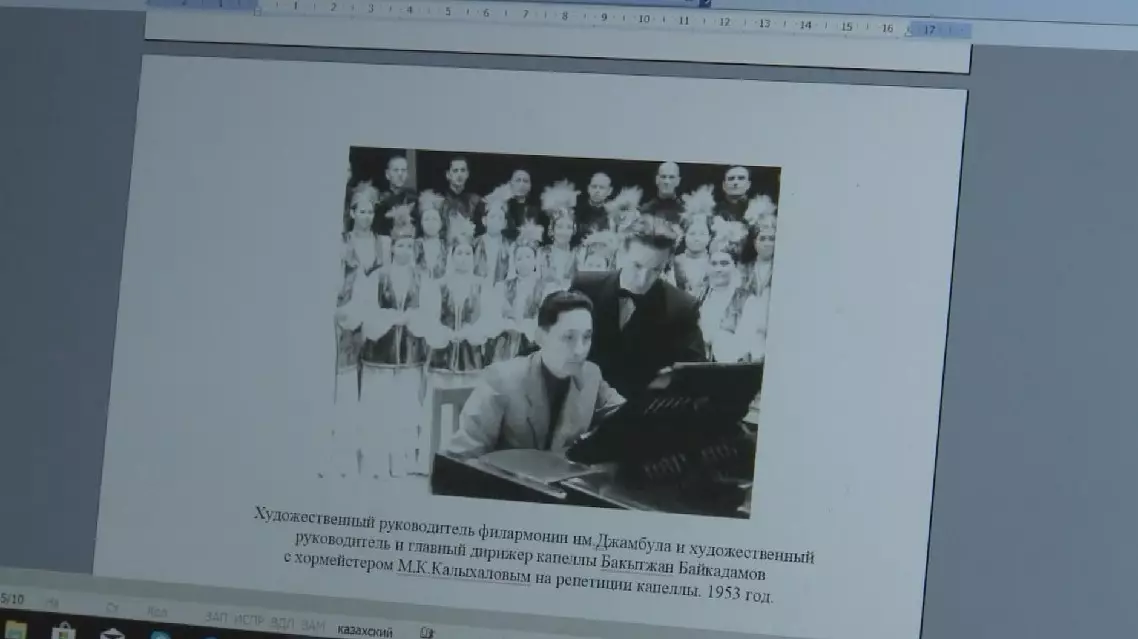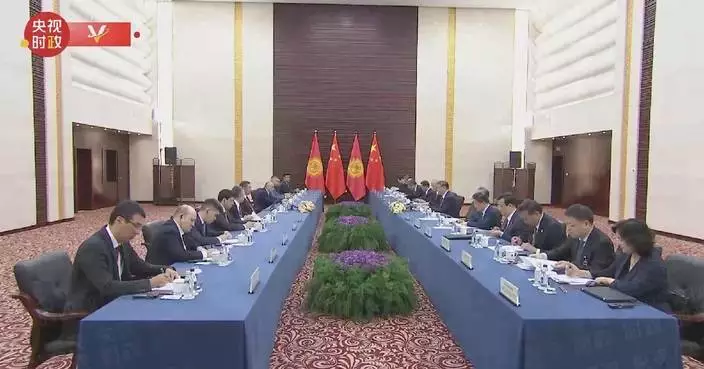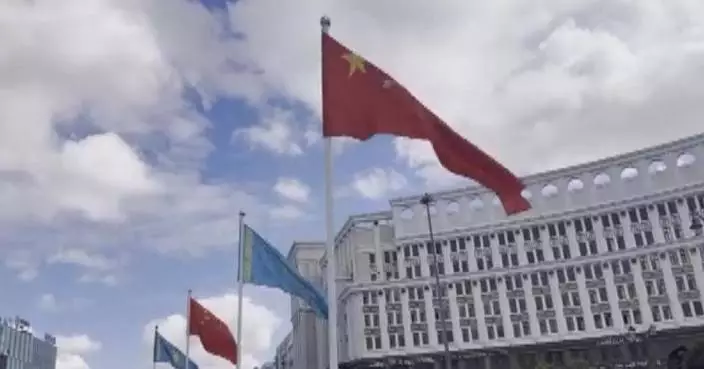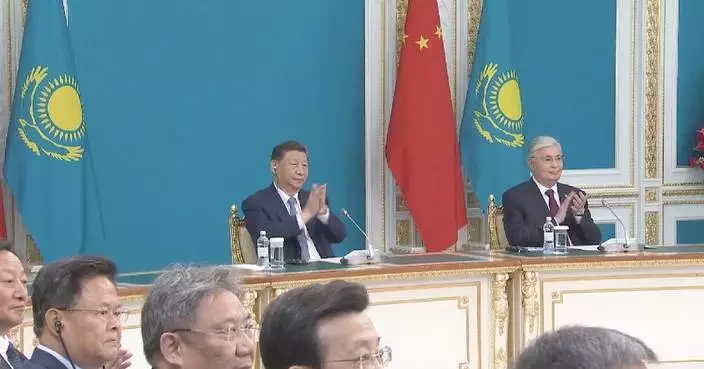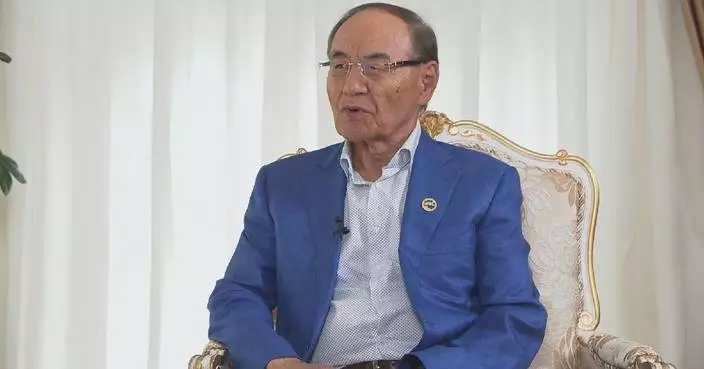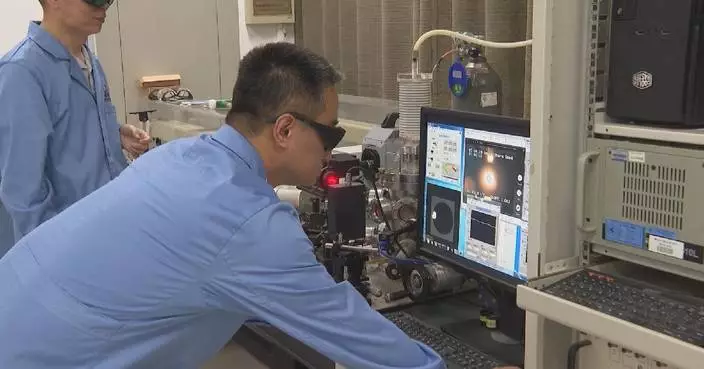Timur Suleimenov, governor of the National Bank of Kazakhstan, emphasized a growing trend among member states of the Shanghai Cooperation Organization (SCO) towards using local currencies for international trade, significantly reducing trade frictions.
The SCO, the world's largest regional organization by land mass and population, was established in June 2001 in Shanghai by China, Kazakhstan, Russia, Kyrkistan, Tajikistan and Uzbekistan.
According to Suleimenov, the organization is leading the charge toward the use of local currencies in the region. Currently, the U.S. dollar dominates around 60 percent of Kazakhstan's international trade, followed by the Russian ruble at over 20 percent, with the Chinese yuan and euro also playing a role.
The transition away from the U.S. dollar for regional trade poses significant advantages for the Central European country's economy, he stressed.
"Kazakhstan is an extractive economy, so we're heavily dependent on oil and gas, uranium, metals, and things like that. When you trade with your partner through some intermediate currency, you're facing additional expenses. And in the world of business, in the world of commerce, any additional tariff, any additional fee is very important because you're losing your competitiveness, you're losing your income, your margins, and things like that. So the shorter the way between the mutual interaction, the better. And therefore, we strongly support the overall move towards trading within our organization in local currencies, in our national currencies," the bank governor said in a recent interview with China Global Television Network (CGTN).
Emphasizing the significance of economic partnership in advancing international cooperation all levels, Suleimenov called for the SCO to play a greater role in facilitating trade.
"The SCO has grown to become not only a political organization, an international relations organization, it has become an economic [organization], because economy is underlying pretty much every fabric of our society, of our countries. And therefore, without this dimension, it is very difficult to cooperate on a political level, international level, and things like that. So, we do believe that economic dimension needs to be further developed, economic and financial [dimension] needs to be further developed," he said.
"I think economic cooperation needs to be one of the pillars of the SCO. And to that end, I think we have very clear instructions from our leaders. They fully support, moreover, they instruct us to go ahead and start cooperating. That concerns governments, central banks, banking associations, and chambers of commerce," Suleimenov added.
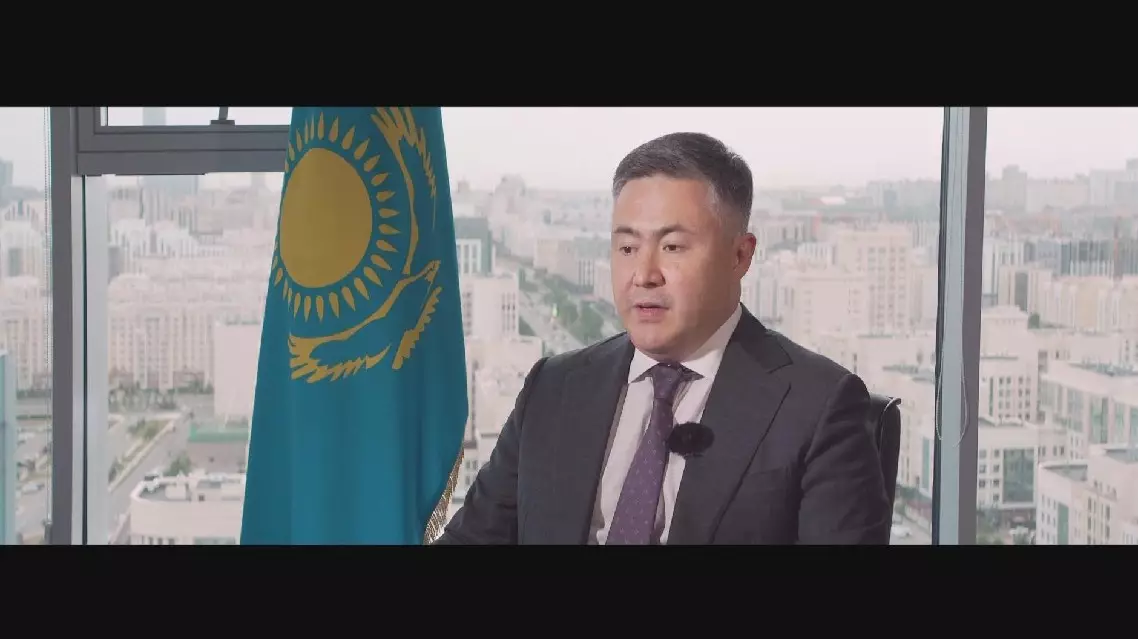
Kazakh central bank governor expects greater trade in regional currencies among SCO members


